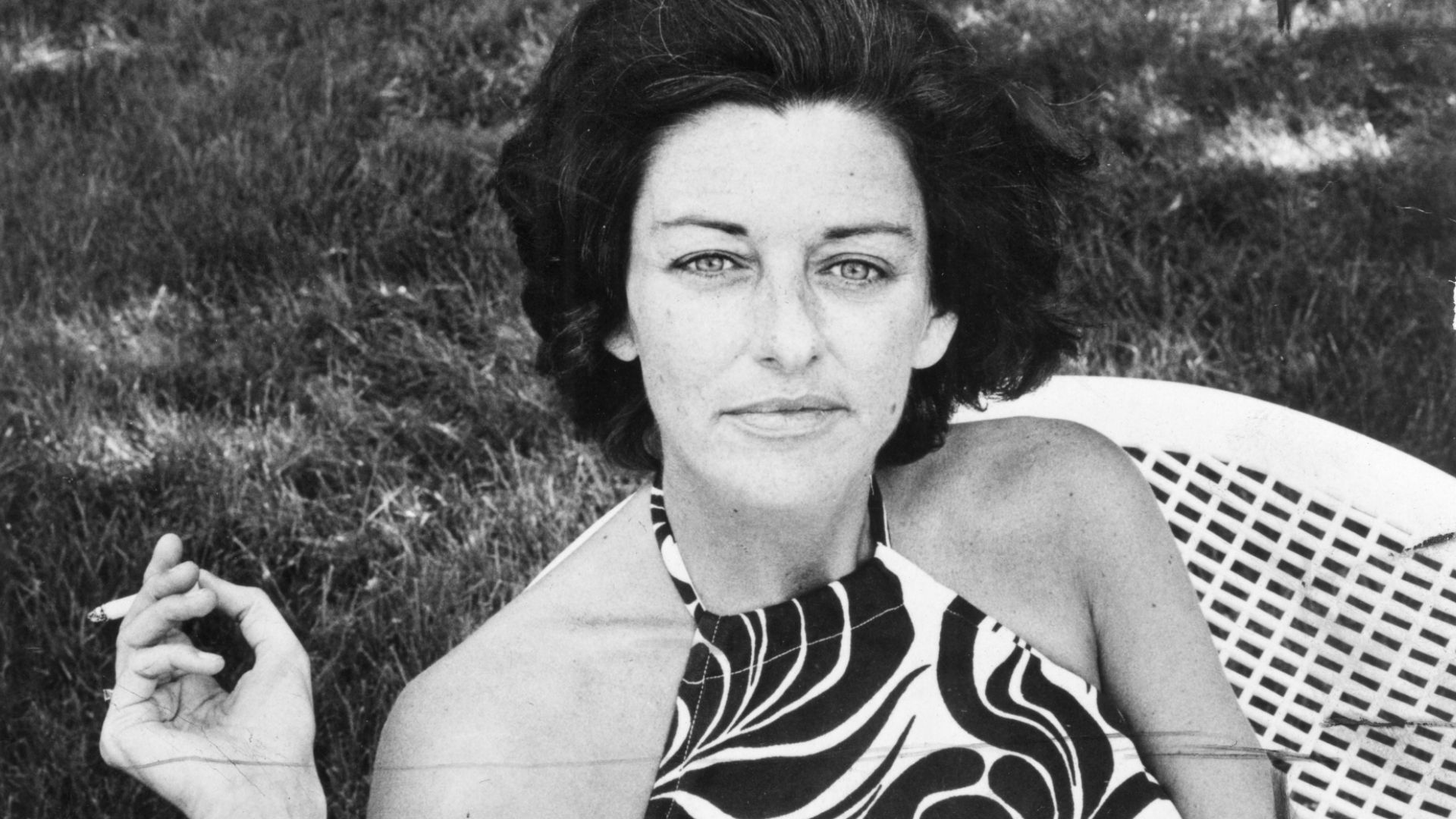Unknown Girl In A Maternity Ward Poem by Anne Sexton
Unknown Girl In A Maternity Ward
Child, the current of your breath is six days long.
You lie, a small knuckle on my white bed;
lie, fisted like a snail, so small and strong
at my breast. Your lips are animals; you are fed
with love. At first hunger is not wrong.
The nurses nod their caps; you are shepherded
down starch halls with the other unnested throng
in wheeling baskets. You tip like a cup; your head
moving to my touch. You sense the way we belong.
But this is an institution bed.
You will not know me very long.
The doctors are enamel. They want to know
the facts. They guess about the man who left me,
some pendulum soul, going the way men go
and leave you full of child. But our case history
stays blank. All I did was let you grow.
Now we are here for all the ward to see.
They thought I was strange, although
I never spoke a word. I burst empty of you,
letting you see how the air is so.
The doctors chart the riddle they ask of me
and I turn my head away. I do not know.
Yours is the only face I recognize.
Bone at my bone, you drink my answers in.
Six times a day I prize
your need, the animals of your lips, your skin
growing warm and plump. I see your eyes
lifting their tents. They are blue stones, they begin
to outgrow their moss. You blink in surprise
and I wonder what you can see, my funny kin,
as you trouble my silence. I am a shelter of lies.
Should I learn to speak again, or hopeless in
such sanity will I touch some face I recognize?
Down the hall the baskets start back. My arms
fit you like a sleeve, they hold
catkins of your willows, the wild bee farms
of your nerves, each muscle and fold
of your first days. Your old man's face disarms
the nurses. But the doctors return to scold
me. I speak. It is you my silence harms.
I should have known; I should have told
them something to write down. My voice alarms
my throat. 'Name of father-none.' I hold
you and name you bastard in my arms.
And now that's that. There is nothing more
that I can say or lose.
Others have traded life before
and could not speak. I tighten to refuse
your owling eyes, my fragile visitor.
I touch your cheeks, like flowers. You bruise
against me. We unlearn. I am a shore
rocking off you. You break from me. I choose
your only way, my small inheritor
and hand you off, trembling the selves we lose.
Go child, who is my sin and nothing more.
This poem is actually very excellent. The mother is expressing the shame she is supposed to feel being on her own while being pregnant. However, she also expresses the wonder and delight and amazement a woman feels when she actually delivers that child. The only shame is that she felt any shame at all for being awed and feeling diminished that someone missed out on a miraculous occurrence.
This poem has not been translated into any other language yet.
I would like to translate this poem
What kind of rated this poem low? This is a beautifully tragic poem. I read it first as a teenager and felt it captures the very real wonder of looking at your newborn, and the pain of having to give her up, and the unfairness of the mess men's carelessness make of women's lives.